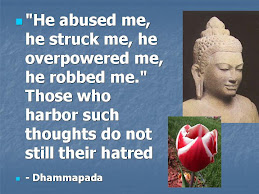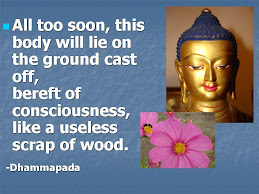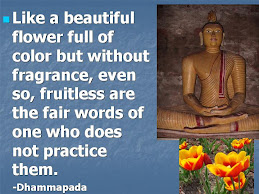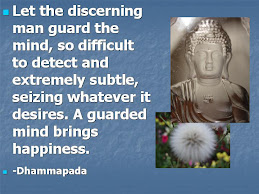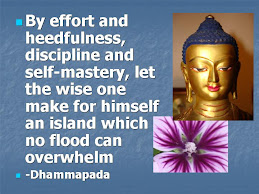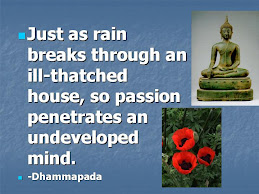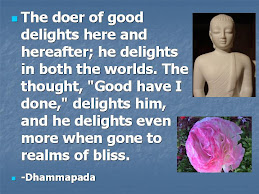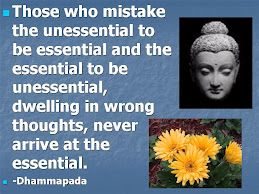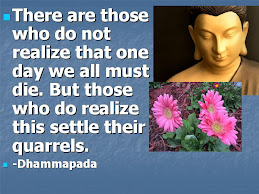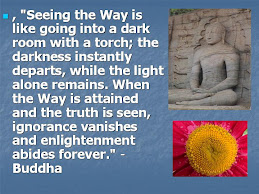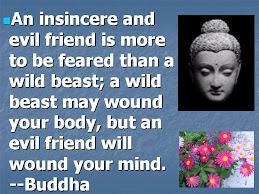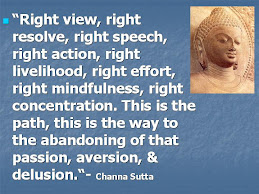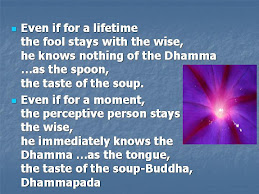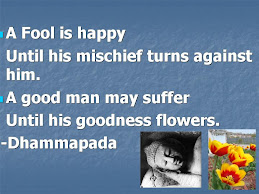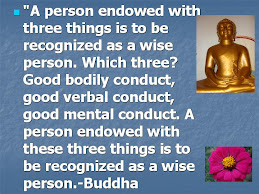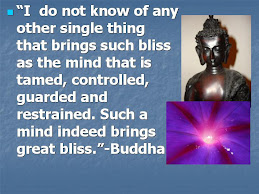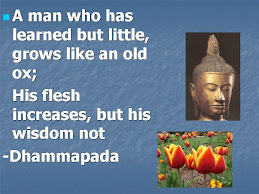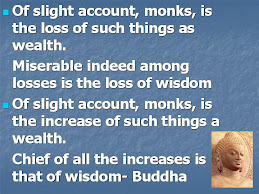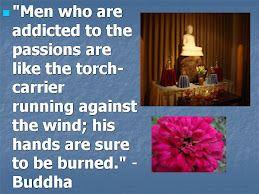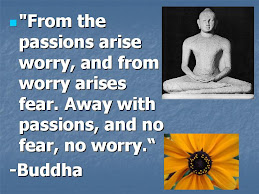
"
Now suppose that a man falls sick — in pain and seriously ill. He does not enjoy his meals, and there is no strength in his body. As time passes, he eventually recovers from that sickness. He enjoys his meals and there is strength in his body. The thought would occur to him, 'Before, I was sick... Now I am recovered from that sickness. I enjoy my meals and there is strength in my body.' Because of that he would experience joy and happiness.
"
Suppose that a man, taking a loan, invests it in his business affairs. His business affairs succeed. He repays his old debts and there is extra left over for maintaining his wife. The thought would occur to him, 'Before, taking a loan, I invested it in my business affairs. Now my business affairs have succeeded. I have repaid my old debts and there is extra left over for maintaining my wife.' Because of that he would experience joy and happiness.
"
Now suppose that a man is bound in prison. As time passes, he eventually is released from that bondage, safe and sound, with no loss of property. The thought would occur to him, 'Before, I was bound in prison. Now I am released from that bondage, safe and sound, with no loss of my property.' Because of that he would experience joy and happiness.
"Now suppose that a man is a slave, subject to others, not subject to himself, unable to go where he likes. As time passes, he eventually is released from that slavery, subject to himself, not subject to others, freed, able to go where he likes. The thought would occur to him, 'Before, I was a slave... Now I am released from that slavery, subject to myself, not subject to others, freed, able to go where I like.' Because of that he would experience joy and happiness.
"
Now suppose that a man, carrying money and goods, is traveling by a road through desolate country. As time passes, he eventually emerges from that desolate country, safe and sound, with no loss of property. The thought would occur to him, 'Before, carrying money and goods, I was traveling by a road through desolate country. Now I have emerged from that desolate country, safe and sound, with no loss of my property.' Because of that he would experience joy and happiness.
"In the same way, when these five hindrances* are not abandoned in himself, the monk regards it as a sickness, a debt, a prison, slavery, a road through desolate country. But when these five hindrances are abandoned in himself, he regards it as good health, free from debt , release from prison, freedom, a place of security. Seeing that they have been abandoned within him, he becomes glad. Glad, he becomes enraptured. Enraptured, his body grows tranquil. His body tranquil, he is sensitive to pleasure. Feeling pleasure, his mind becomes concentrated.
Samaññaphala Sutta
The Fruits of the Contemplative Life
*The Five Hindrances:
1. sensual desire or covetousness (kamacchanda)2. Ill-will (byapada)
3. Sloth and torpor (thina-middha)
4. Restlessness and remorse (uddhacca-kukkucca)
5. Sceptical doubt (vicikiccha).
















